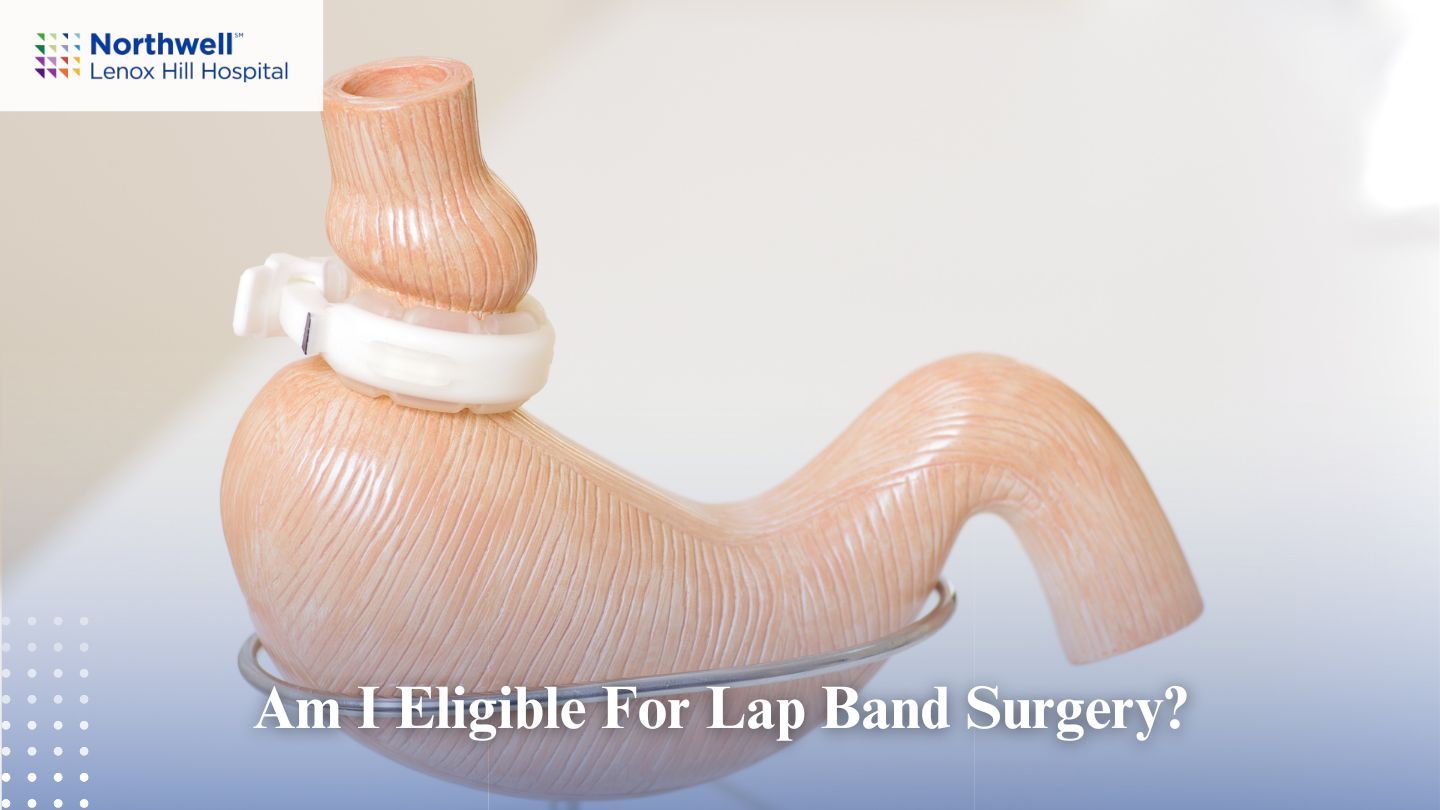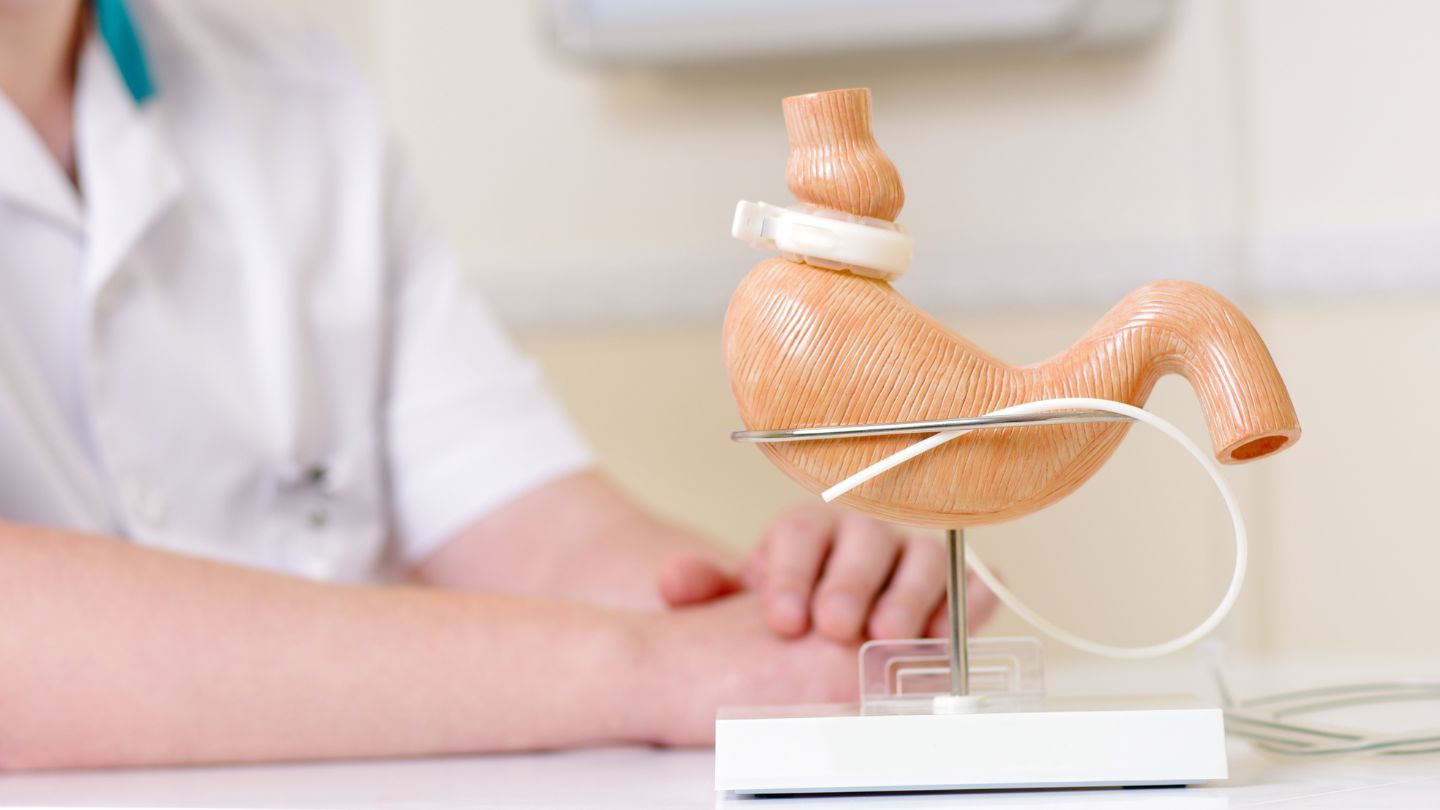Am I Eligible for Lap Band Surgery?
Choosing to undergo bariatric surgery is a life-changing decision that requires more than willpower; it demands medical readiness, lifestyle commitment, and a thorough understanding of eligibility. Knowing the lap band surgery qualifications helps potential patients determine whether they meet the medical, behavioral, and physiological benchmarks for this adjustable weight-loss procedure.
This guide outlines every key requirement, from BMI standards and comorbidities to psychological readiness and post-surgery commitment, giving you a comprehensive view of how candidates are approved for lap band surgery.
Understanding the Core Lap Band Surgery Qualifications
The lap band surgery qualifications focus on ensuring patient safety and long-term success. Candidates are typically adults between 18 and 65 years old who struggle with severe obesity. The primary requirement is a Body Mass Index (BMI) of 40 or higher, or a BMI of 35 or greater with obesity-related conditions such as type 2 diabetes, hypertension, or sleep apnea. These lap band surgery weight requirements are set by the American Society for Metabolic and Bariatric Surgery (ASMBS) and ensure that surgery is medically justified.
Beyond BMI, candidates must demonstrate failed attempts at non-surgical weight loss, such as structured diet and exercise programs. A multidisciplinary team usually evaluates physical health, mental stability, and nutritional awareness before granting approval. Some patients who have undergone other bariatric procedures, such as gastric bypass, may later explore the benefits of lap band surgery to enhance or maintain results—understanding why some choose lap band surgery after a gastric bypass offers valuable insight into how surgical interventions can be customized for lasting success.
Detailed Qualifications for Lap Band Surgery and Eligibility Criteria
When exploring the qualifications for lap band surgery, medical teams look beyond physical metrics. Candidates must be psychologically and emotionally prepared to follow the post-operative diet and lifestyle required for sustainable results.
A nutritionist will review eating patterns and educate the patient on portion control and nutritional balance after surgery. Meanwhile, a psychological evaluation determines whether the patient is mentally ready to handle lifestyle changes and avoid compulsive eating behaviors. Following surgery, dietary adjustments become central to sustained results. Adopting the right eating habits and portion control can make recovery smoother—discovering practical post-lap-band diet tips and best practices helps patients stay consistent and avoid complications.
Learning how to qualify for lap band surgery means understanding that it’s a partnership between patient and care provider. Successful candidates exhibit commitment to long-term follow-up visits, lab monitoring, and behavior modification. These criteria ensure safety, promote accountability, and improve surgical outcomes.
Comprehensive Lap Band Surgery Requirements Before Approval
The lap band surgery requirements extend beyond the consultation phase. Once candidates meet BMI and medical standards, several preoperative steps are required:
- Comprehensive medical evaluation including lab work, cardiac testing, and imaging.
- Nutritional counseling to prepare for dietary restrictions post-surgery.
- Documentation of previous weight-loss efforts to support insurance approval.
- Smoking cessation and management of chronic illnesses such as diabetes or hypertension.
Post-surgical habits also play a crucial role in recovery, and one of the most overlooked yet essential factors is proper hydration. Learning how to manage hydration after lap band surgery can significantly improve healing and help patients maintain long-term weight-loss success. Understanding how do you qualify for lap band surgery means recognizing that preparation is just as crucial as the operation itself. Bariatric teams prioritize patient education to ensure compliance with postoperative care, which directly affects success rates.
Lap Band Surgery Weight Requirements and Ideal Candidate Profile

Eligibility often begins with meeting the lap band surgery weight requirements, but ideal candidacy involves more than a number on a scale. A good candidate is someone who:
- Has been overweight for five years or more.
- Has no unmanaged psychological disorders or substance dependencies.
- Can commit to consistent medical monitoring.
- Understands the risks, benefits, and lifestyle obligations associated with surgery.
So, who qualifies for lap band surgery in practical terms? Typically, individuals whose excess weight poses a threat to long-term health and who demonstrate the motivation to adhere to medical guidance.
If you’ve ever asked yourself, “Do I qualify for lap band surgery?”, consider discussing your weight history and medical profile with a bariatric specialist. Determining who is a good candidate for lap band surgery involves an individualized assessment of body composition, health status, and commitment to change.
The Final Line on Lap Band Surgery

Meeting the qualifications for lap band surgery involves a balance of medical, psychological, and lifestyle factors. It’s not just about weight—it’s about readiness to transform your health through a long-term commitment. Understanding the lap band surgery requirements early helps you set realistic expectations, align with medical advice, and approach your journey with confidence.
If you’re considering lap band surgery in New York City, the Lenox Hill Bariatric Surgery Program offers personalized guidance from evaluation through recovery. Their expert surgical team provides comprehensive assessments to determine who qualifies for lap band surgery, along with tailored nutrition and follow-up care to ensure success. To learn more about bariatric procedures and whether you meet the eligibility criteria, visit us to schedule your consultation.
Frequently Asked Questions
What are the minimum lap band surgery qualifications?
You typically need a BMI of 40 or higher, or 35+ with at least one serious obesity-related health condition. Candidates must also demonstrate prior weight-loss attempts and psychological readiness.
Are there age restrictions for lap band surgery?
Most programs accept adults between 18 and 65 years old, though exceptions may be made for medically necessary cases under a physician’s discretion.
Does insurance cover lap band surgery?
Many insurance plans cover the procedure if lap band surgery requirements are met, including medical documentation, supervised weight-loss attempts, and comorbidity verification.
Can you qualify with a BMI under 35?
It’s rare, but certain patients with severe metabolic disorders may qualify if their health risks justify intervention. Each case requires a physician’s evaluation.
How long does it take to qualify?
The full qualification process can take anywhere from a few weeks to several months, depending on testing, insurance pre-authorization, and completion of preparatory requirements.

